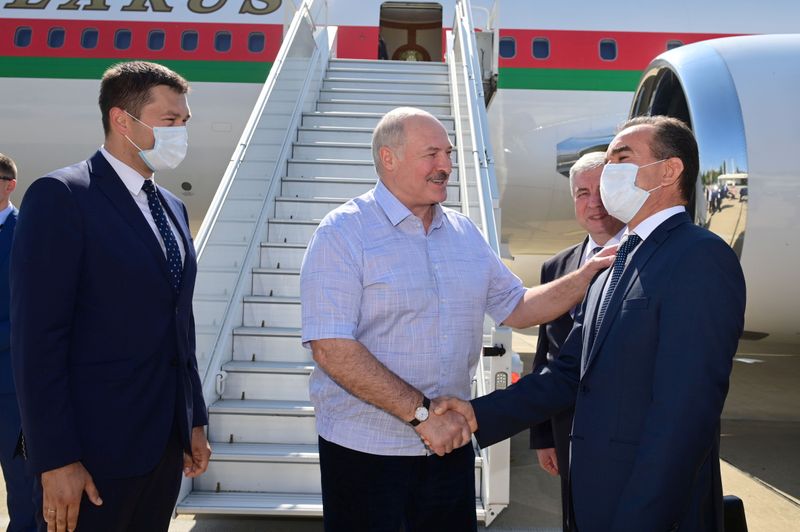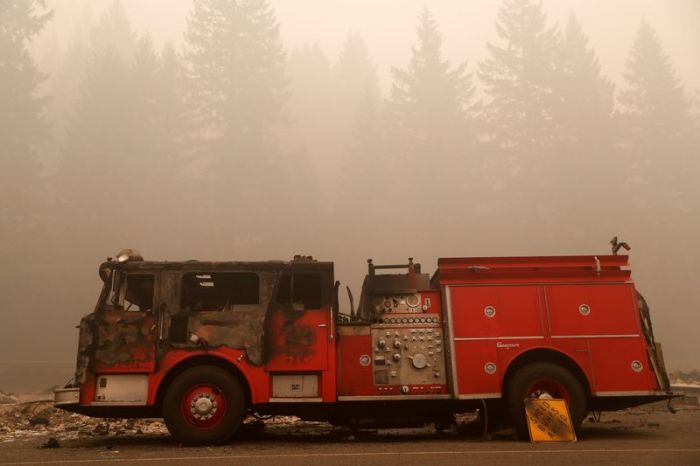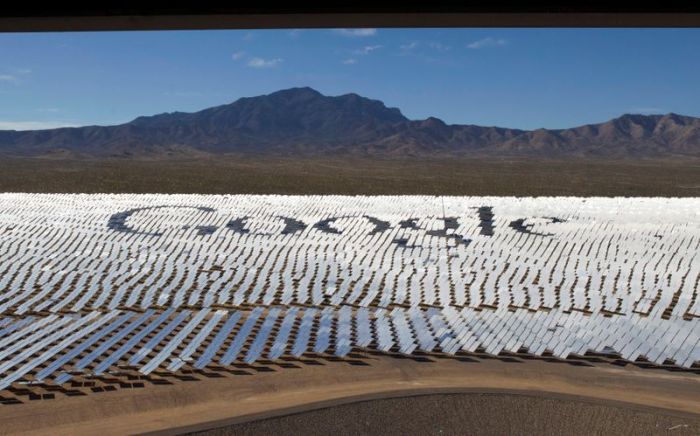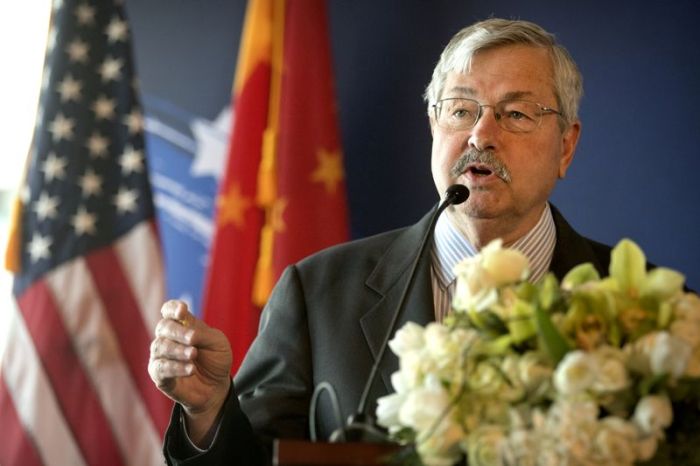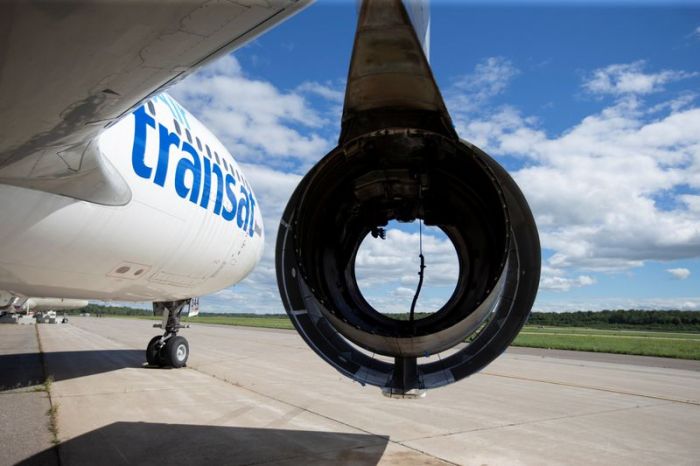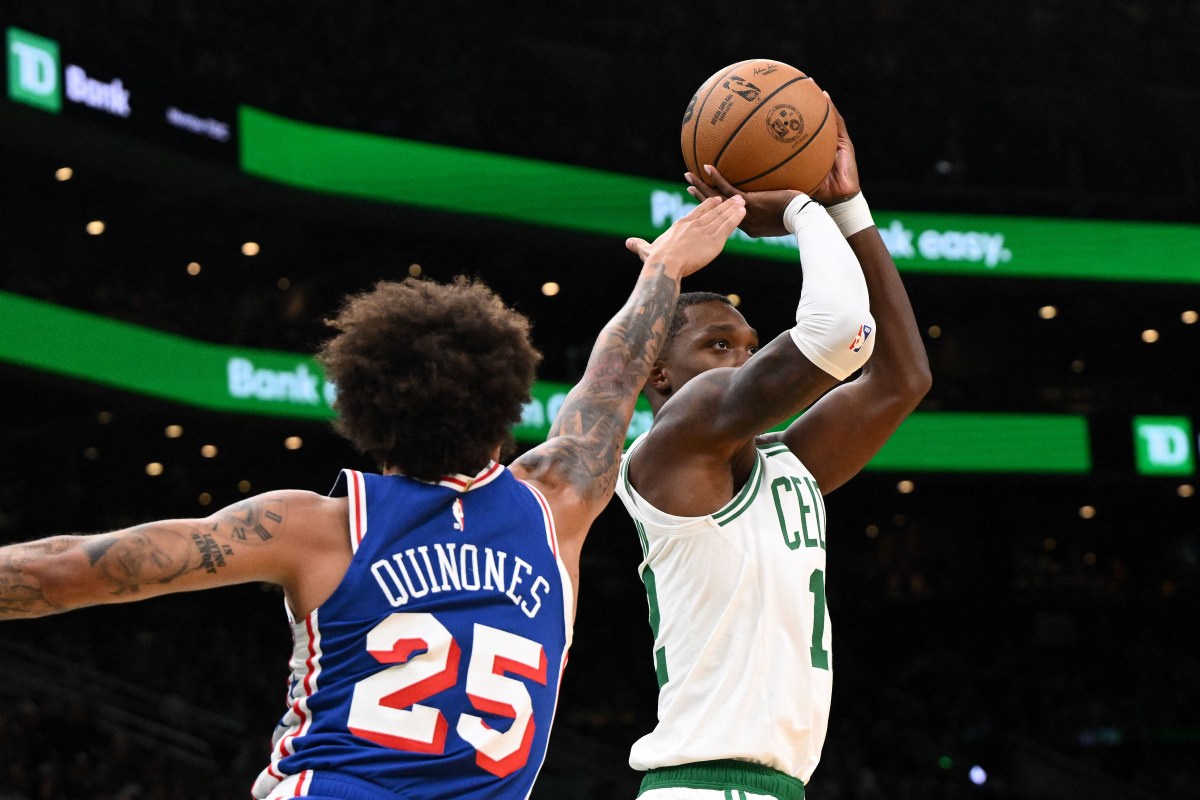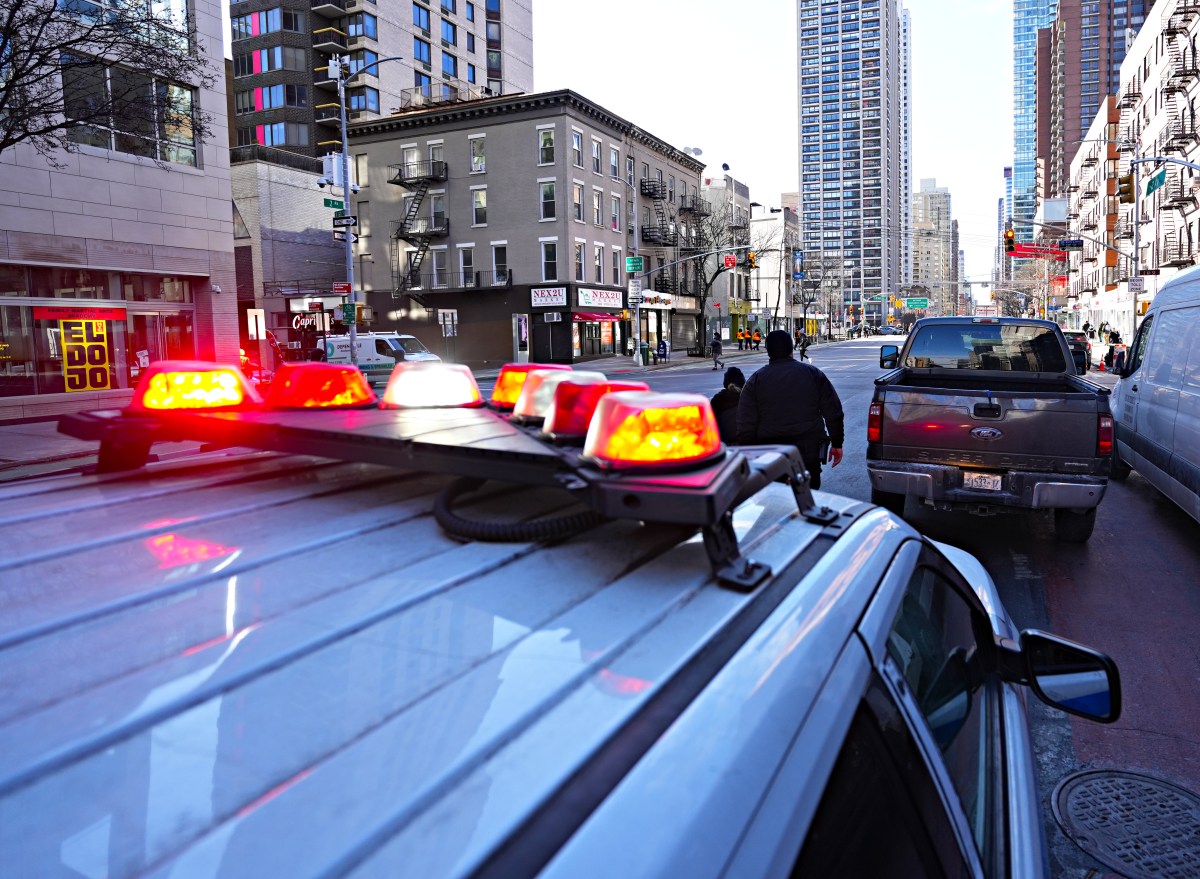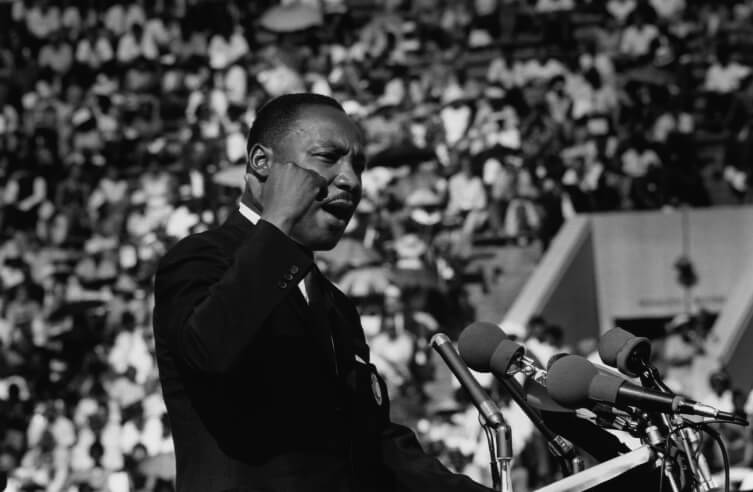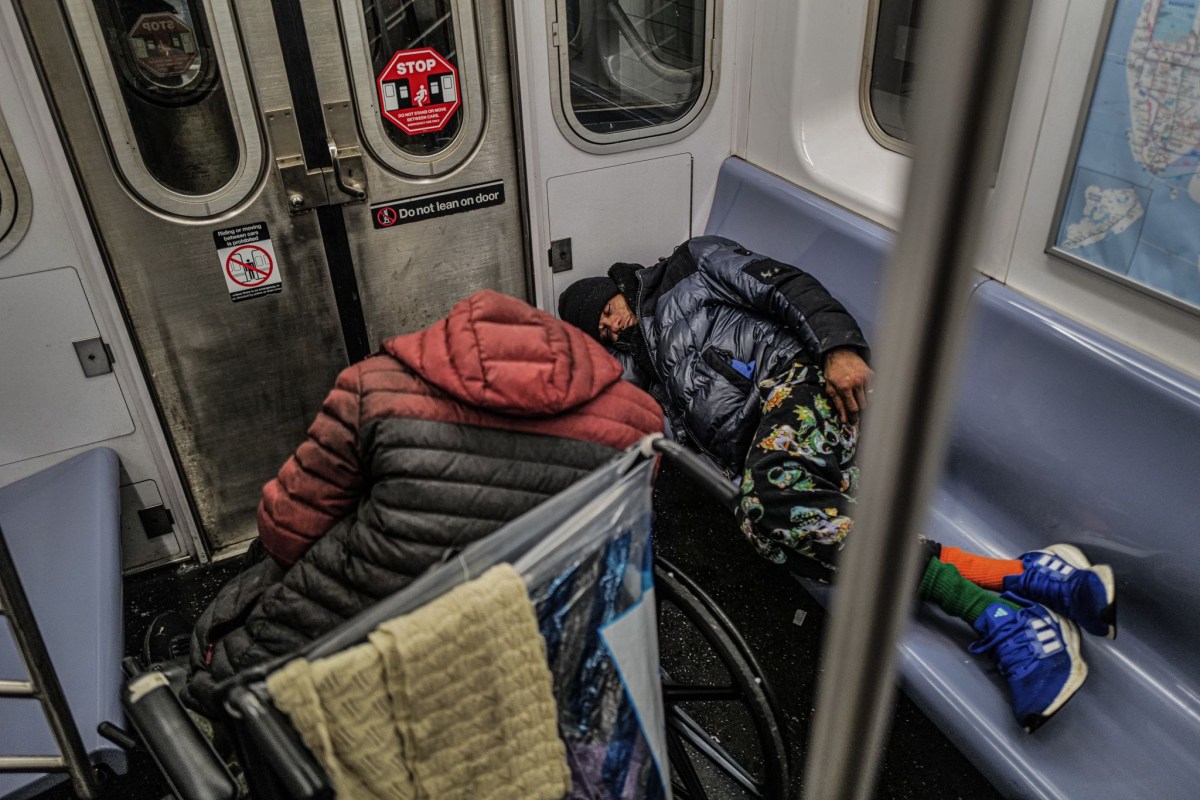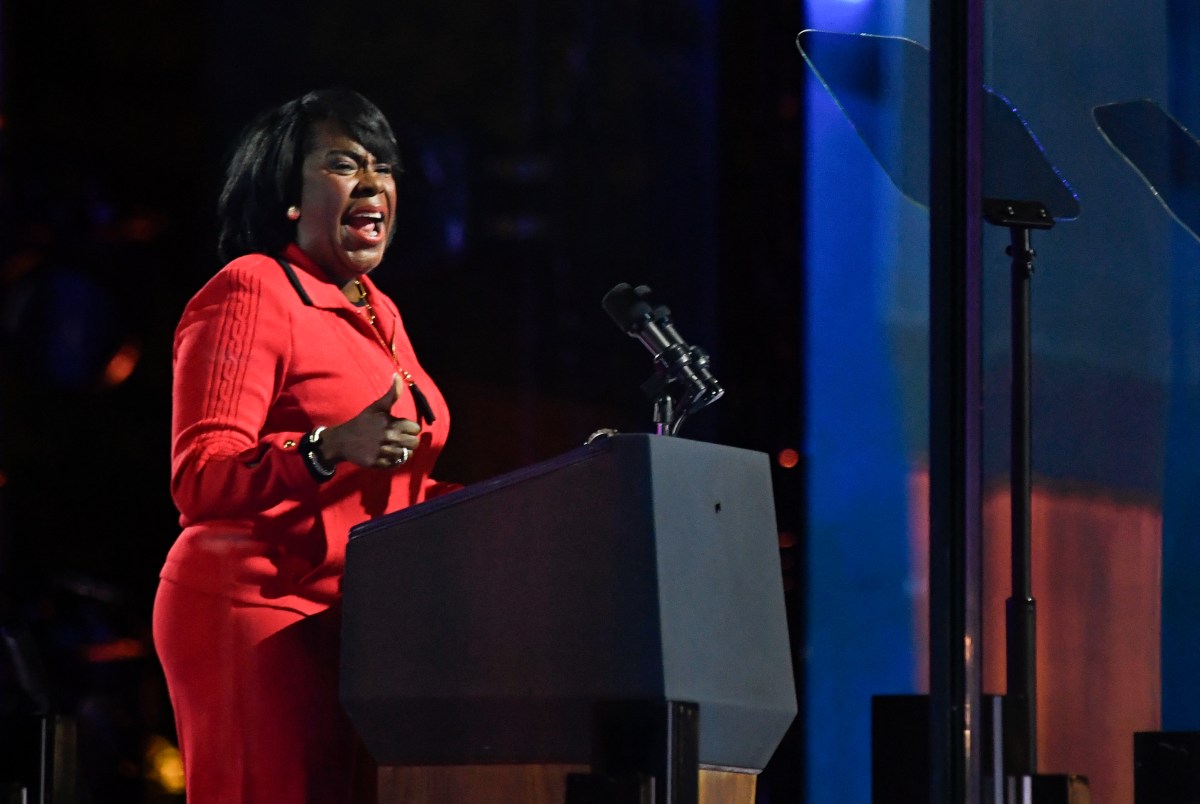MOSCOW (Reuters) – Russian President Vladimir Putin bestowed a $1.5 billion loan on Belarus on Monday in a gesture of support for its leader Alexander Lukashenko, who flew to entreat his patron for help after five weeks of mass protests demanding his resignation.
A day after more than 100,000 protesters took to the streets of Minsk with chants of “You’re a rat”, Lukashenko met Putin in the Black Sea resort of Sochi in urgent need of help to maintain his 26-year grip on power.
“First of all, I want to thank you… personally thank you and all Russians, all those, and I will not list them, who were involved in supporting us during this post-election time,” Lukashenko said.
The Kremlin said some of the new money would be used to refinance earlier loans.
Putin backed plans Lukashenko has previously announced for constitutional reform, which the opposition has dismissed as a stunt to retain power after a disputed Aug. 9 presidential election.
But his spokesman Dmitry Peskov said Russia would stand down a reserve of law enforcement officers and national guards that Putin had placed near the border late last month, ready to intervene in case the situation got out of control.
The move signalled Moscow’s keenness to emphasise financial support, not force – and possibly its belief that a violent crackdown by Lukashenko’s security forces has been effective enough to keep him in power in the former Soviet republic.
“We want Belarusians themselves, without prompting and pressure from outside, to sort out this situation in a calm manner and through dialogue and to find a common solution,” Putin said.
Putin said, however, that defence cooperation would continue. Hours earlier, Russian news agencies reported Moscow was sending paratroopers for joint exercises.
AWKWARD MEETING
It was an uncomfortable encounter for the 66-year-old Lukashenko, who had antagonised Moscow shortly before the election by rounding up 32 Russian nationals that Belarus accused of being mercenaries sent to destabilise the country.
Lukashenko said he was “very grateful” for Moscow’s support, adding that he had learned “a very serious lesson” from recent events. At one point, TV footage showed him mopping sweat from his brow with a handkerchief.
Since the election, which Lukashenko denies rigging in order to defeat opposition candidate Sviatlana Tsikhanouskaya, thousands of people have been arrested and nearly all opposition leaders jailed, deported or forced into exile. Police said they detained 774 people on Sunday.
Reacting to news of the Russian loan, Tsikhanouskaya wrote on social media platform Telegram: “Dear Russians! Your taxes will pay for our beatings. We are sure that you would not want that.
“This may prolong the death throes of Lukashenko but it cannot prevent the victory of the people,” she said.
The loan amount slightly exceeds the $1.4 billion that Belarus burned through in gold and foreign exchange reserves last month in order to support its rouble currency.
A Russian political analyst, Fyodor Lukyanov, said it was a significant boost for Lukashenko.
“At the moment Minsk doesn’t have any sources of money apart from Moscow… For him, this was his main goal – debt refinancing and a new loan. He apparently achieved this,” Lukyanov said.
“Given that they are giving him money and actively cooperating with him, (it shows) Moscow thinks he will remain in power, at least for now. The situation is stabilising gradually.”
The West has acted carefully, balancing sympathy with the pro-democracy movement against fear of provoking Russian intervention. French President Emmanuel Macron, in a phone call with Putin, repeated calls for a peaceful solution respecting the will of the Belarusian people.
Lukashenko has been a prickly ally of Russia in the past, and has had an awkward personal relationship with Putin. But the Kremlin has made clear it does not want to see an ally toppled by street protests, as happened in 2014 in Ukraine.
(Additional reporting by Maria Kiselyova, Tom Balmforth and Gabrielle Tetrault-Farber, Writing by Mark Trevelyan and Peter Graff; Editing by Timothy Heritage, Gareth Jones and Alex Richardson)

